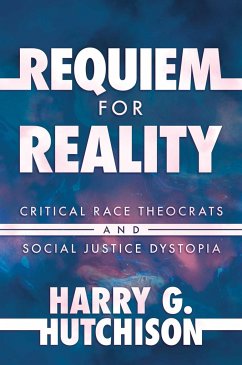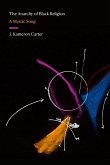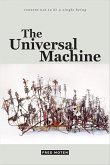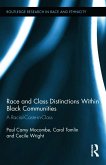"Requiem for Reality responds to the widening pendulum shifts of our age. These developments consume and incense the nation. These shifts offer a bewildering set of claims grounded in the presumption that race and other forms of human identity explain all forms of disparity and inequality. Against such claims, it is crucial to distinguish between a development narrative and a bias narrative for the purpose of explaining ethnic disparity. The development narrative is grounded in data that often delivers unwelcome facts. The facts show that Asian Americans, as well as West Indian blacks, often do better than white Americans in schooling, per capita income, and crime rates. Indeed, Syrian Americans, Korean Americans, Indonesian Americans, Taiwanese Americans, and Filipino Americans experience significantly higher median household incomes than whites and higher test scores, lower incarceration rates, and longer life expectancies. Oblivious to such facts, the bias narrative, on the other hand, grounds itself in the "white privilege" thesis suggesting that only race matters. Surfacing from the toxic pit of ideology, the bias narrative emphasizes the racist claim that African Americans are the only ethnic group in the world who cannot succeed under less-than-ideal conditions. Separated from important facts, this narrative often substitutes absolute Neo-pagan certainties originating in a make-believe world for commonplace notions of truth and reality. As such, the "white privilege" thesis, rather than improving the conditions of African Americans and others, offers a utopian dream that threatens to become a national nightmare. The urgent pursuit of utopia reflects trends that are largely anthropological, sociological, and more spiritual than political. Responding to these developments, which have given rise to victimhood claims within gender and transgender categories will require more than argumentation, rational analysis, superior logic, or even the inauguration of a Hanging Judge. It will require courage because otherwise, Chairman Mao's forecast, stating that there is a great disorder under heaven and the situation is excellent, may come true here just like it has already come true for China"--
Hinweis: Dieser Artikel kann nur an eine deutsche Lieferadresse ausgeliefert werden.
Hinweis: Dieser Artikel kann nur an eine deutsche Lieferadresse ausgeliefert werden.








